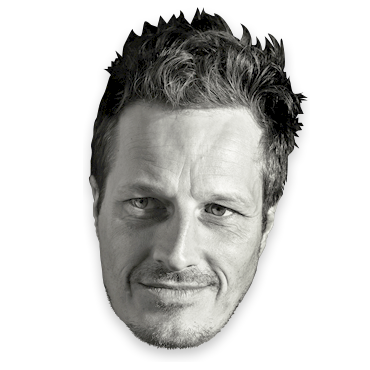Music: buy it, don't stream it.
Streaming music services make it trivially easy to have access to more music than you could ever need: virtually the entire output of Earth's musicians, thousands of hours added every day, a near-infinite cornucopia of sound. Awesome, no?
No.
I want to convince you that the old way – buying music, either digitally or on physical media, and all the limitations that implies – is better. Not just better for musicians – which it certainly is – but better for you.
Buying music forces you to ask yourself if you'll enjoy it enough to make the purchase worthwhile: the cost prompts you to consider the return on investment. That means thinking about what you like, and why you like it, and in doing so you learn something about yourself. What kind of person are you? Do you need comfort, cheer, inspiration, excitement? Do you have anger to express, regrets to consider, love to give? What needs does this music address?
Buying music encourages you to get value from that purchase by repeated listening, and in doing so gives you the opportunity to discover new depths in the music, depths you wouldn't appreciate if you weren't committing to it. When the music fails to deliver – when it's disappointing, when the album has two good tracks and ten of filler, when two times through is enough – that tells you something too. Learn from your mistakes.
Ideally, you end up with a relatively small amount of music you love, not a functionally infinite amount of music, some of which you like. However you listen, you'll still only explore a minute fraction of all the music out there: as with all experiences, it should be not about trying to minimise the amount you're missing out on – which is, inevitably, almost everything – as much as maximising the value of that you do experience.
